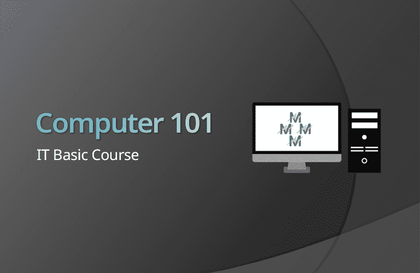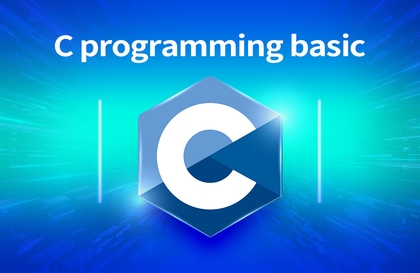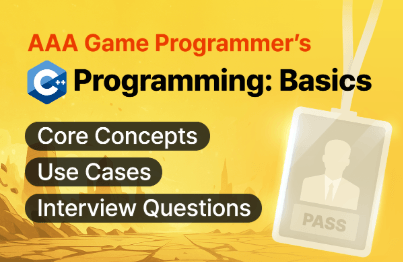[CS Technical Interview 3] Network That Opens Up Communication
yiyj10305235
How does the internet work, and how do browsers fetch web pages? This is a core CS (computer science) lecture that organizes network concepts following the OSI 7-layer flow so you can explain this question yourself. It's structured with diagrams and flow-centered explanations to help you intuitively understand the structure, and connects concepts like the transport layer (TCP/UDP), IP addresses, NAT, and HTTPS that frequently appear in technical interviews to actual questions.
입문
Network, Tech Interview, computer-science









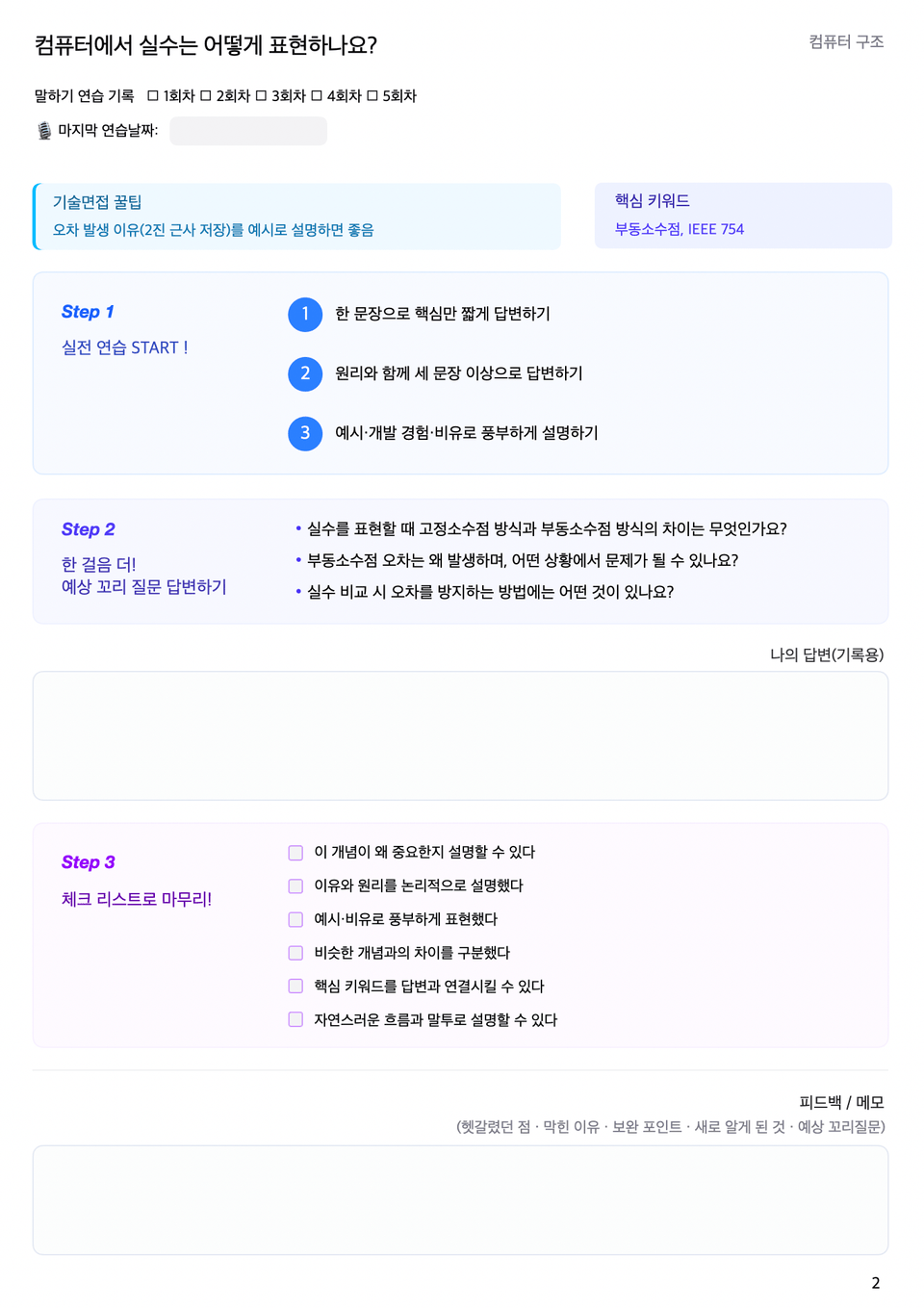
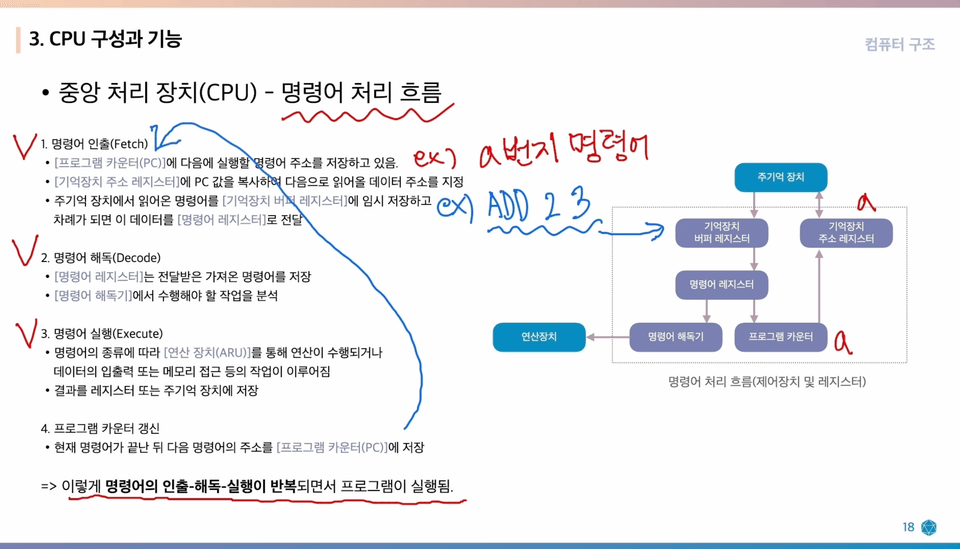
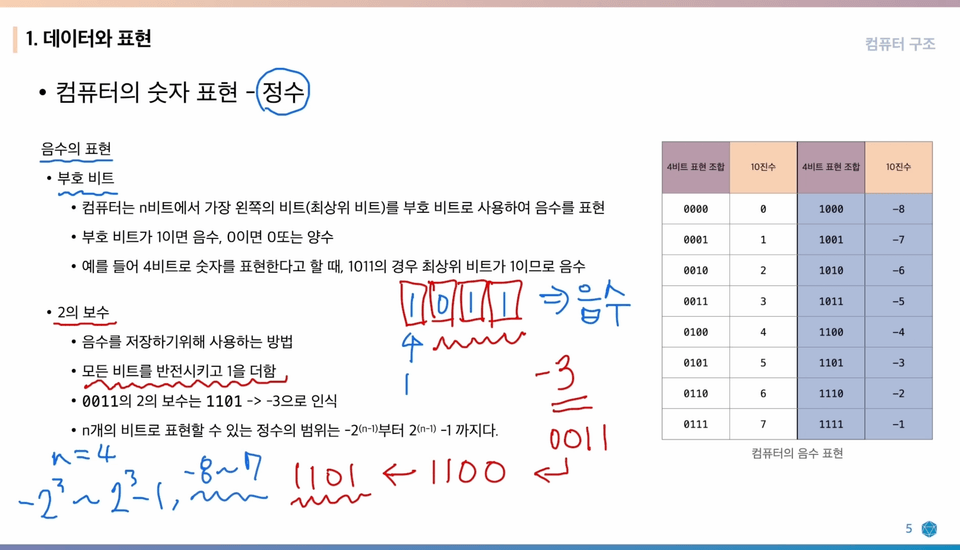
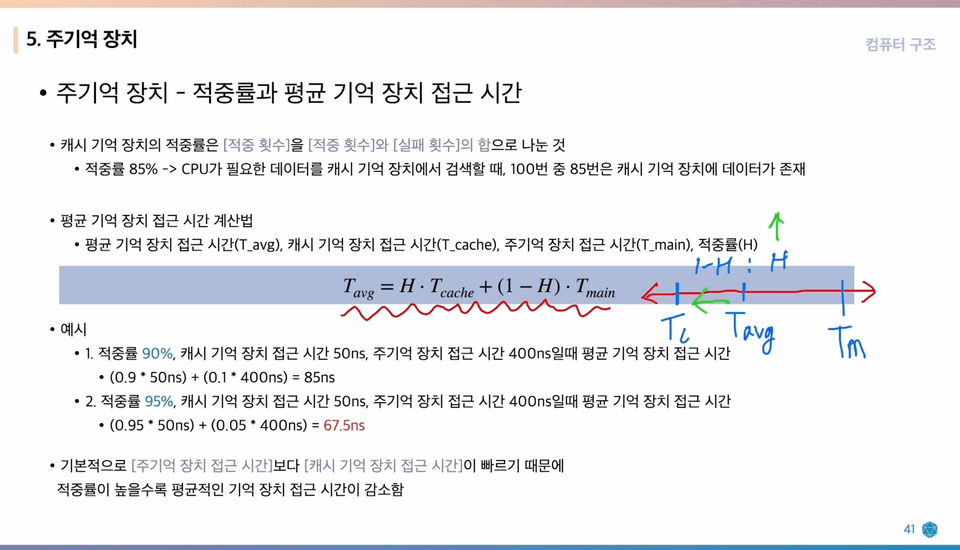
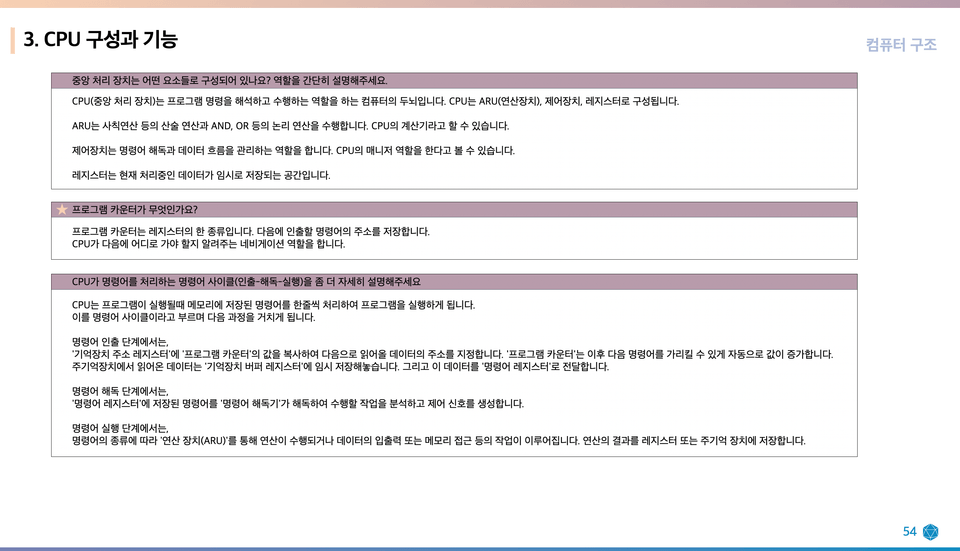
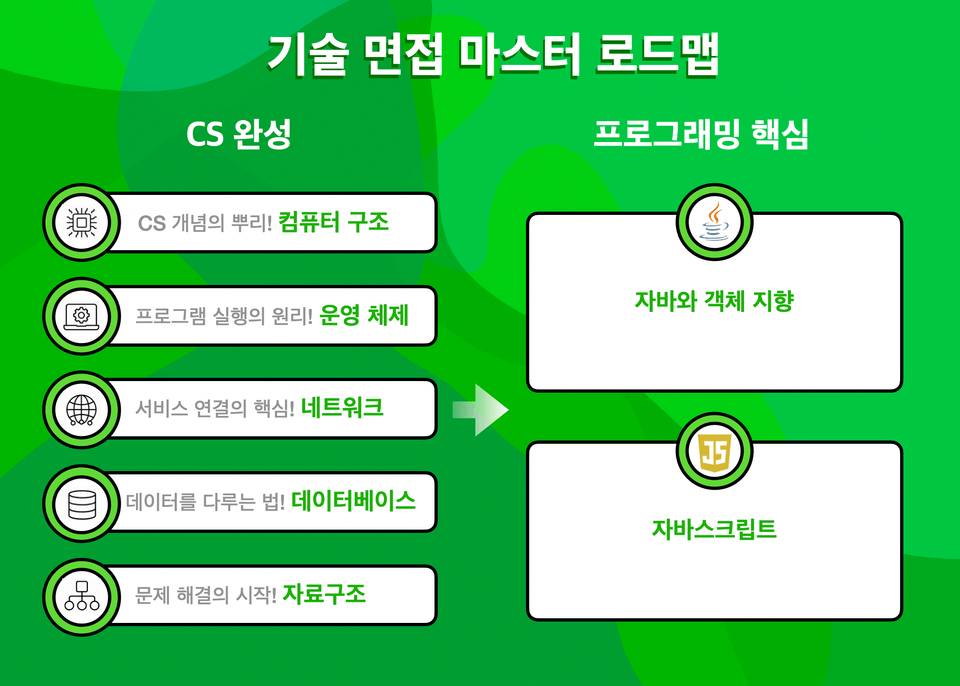
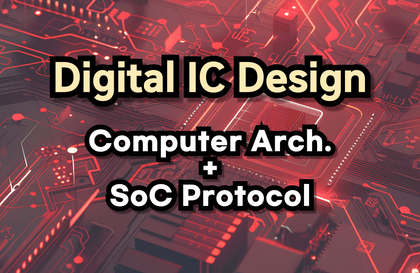
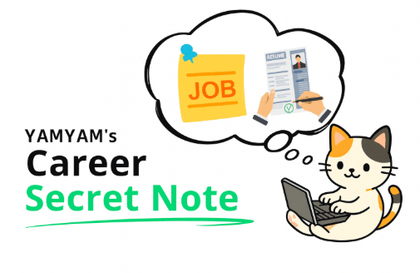
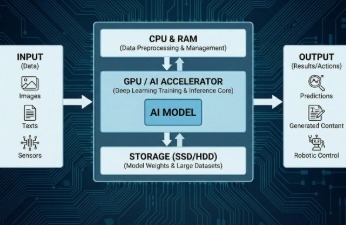

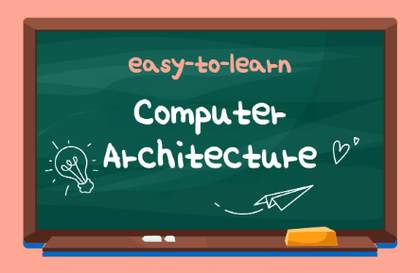
![[Backend/Exception Handling Scenario/Aggregation Optimization] Backend Portfolio and Practical Experience Enhancement Strategy. All-in-One PART1강의 썸네일](https://cdn.inflearn.com/public/courses/335091/cover/1a19a4de-ec2e-4e26-a84e-28691e777020/335091.jpg?w=420)
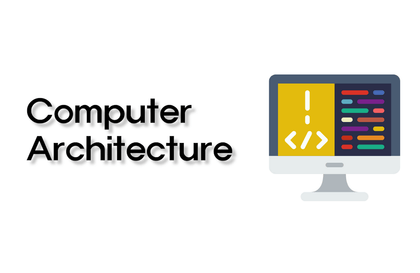
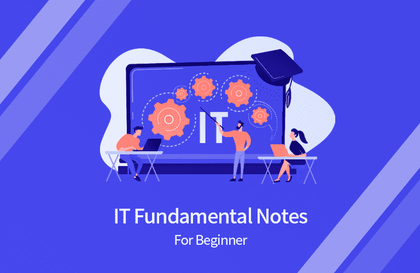
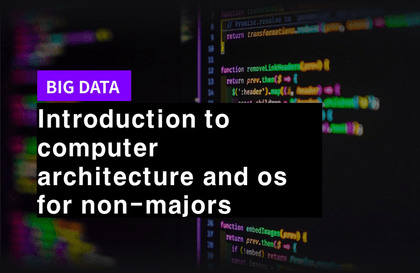
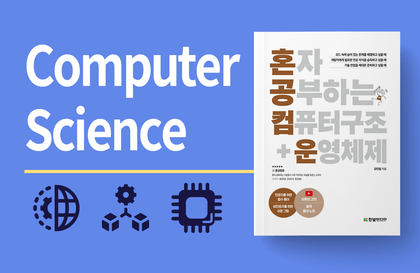
![Linux Kernel Structure and Principles: Processes [Author's Direct Lecture Part 1-4]강의 썸네일](https://cdn.inflearn.com/public/courses/333193/cover/442053bf-cf8d-4d79-a009-41654b6eb262/333193.png?w=420)
